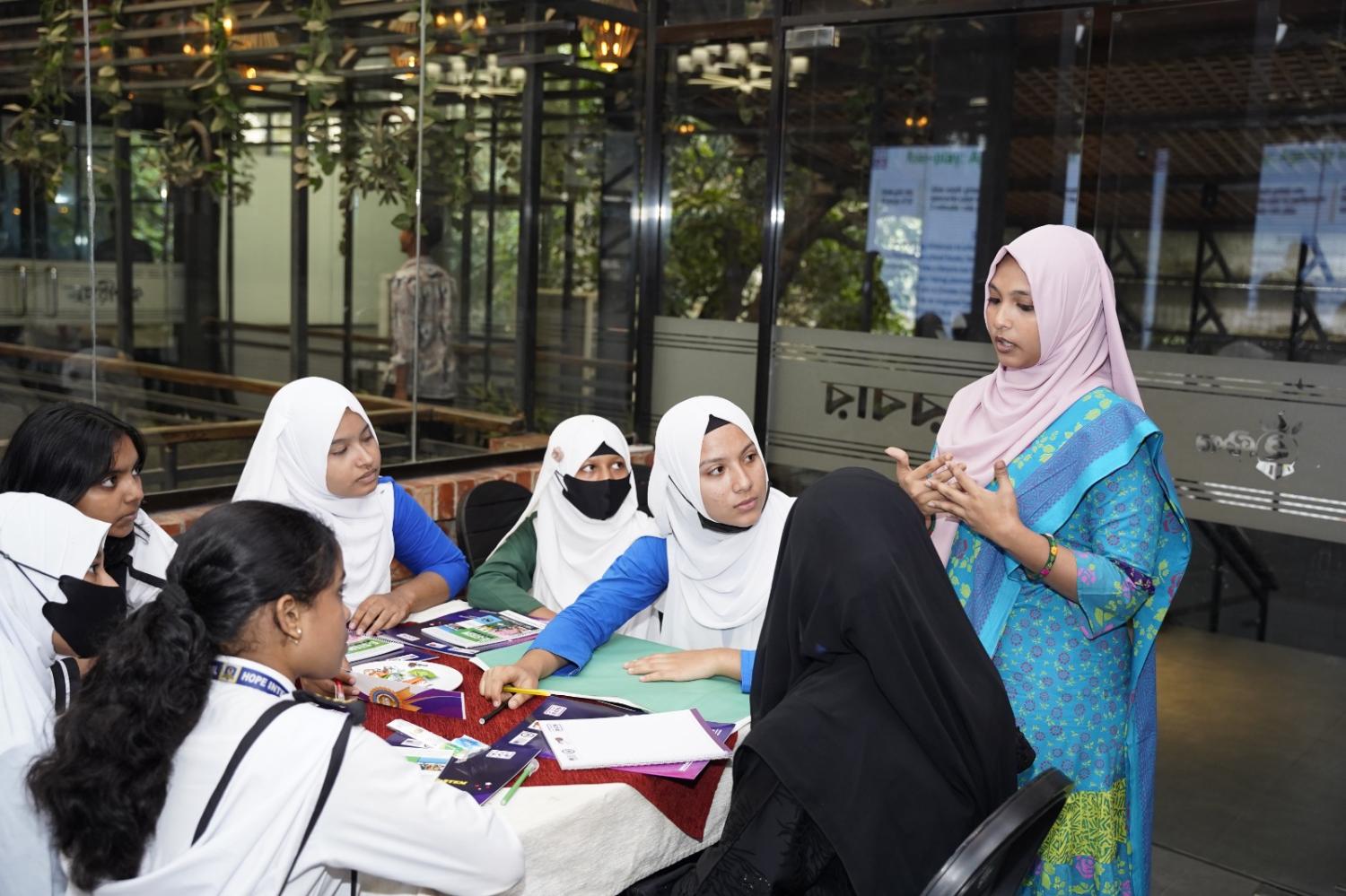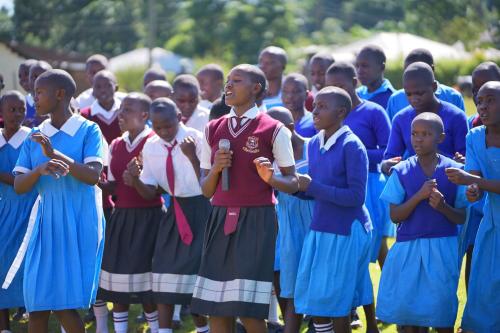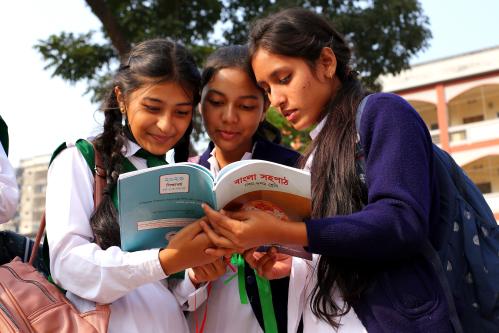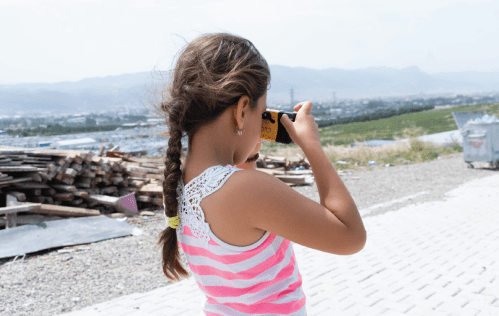Young people today face complex challenges—the climate crisis and increased conflict, displacement, and political uncertainty—that intersect with historical injustices and legacies of colonialism, including gender-based violence and discrimination, economic inequality, ableism, and racism. For hundreds of millions of adolescent girls around the world, these challenges present an increasingly urgent reality as they navigate intersecting forms of social, economic, political, and cultural marginalization.
Research with girls in marginalized contexts points to the critical need for sustained, collective, and coordinated efforts to address the root causes of oppression and exclusion at multiple levels, fundamentally shift social norms and power dynamics, and expand girls’ ability to more fully exercise agency in their lives and in their communities. Agency is fundamental to full and equal participation, emotional well-being, and improved outcomes—in education, in work, in relationships, and in life. Agency can also be a generative force that moves us from reacting to actively creating our own possible worlds.
This brief presents lessons from the ongoing work of the Learning and Action Alliance for Girls’ Agency (LAAGA), hoping to provide insight for researchers, practitioners, policymakers, and funders who are committed to supporting the well-being of adolescent girls and their communities in diverse contexts around the world. It synthesizes three years of participatory, girl-centered research led by LAAGA members with nearly 400 girls and 500 community actors across five countries in Africa and Asia to illustrate the multidimensional, dynamic, and systemic nature of girls’ agency. For girls in these settings, agency was practiced, exercised, and expressed (not owned nor given). It was influenced by girls’ motivations, knowledge, and skills as well as by relationships and situations within specific sociocultural contexts. And it was enabled or constrained by policies, practices, resources, power relations, and, very critically, mindsets. Promoting girls’ agency—in all its richness—thus requires leveraging opportunities and addressing barriers through collaboration and coordinated efforts across local and global systems. If we want improved outcomes for marginalized girls and their communities, whether defined as well-being, thriving, development, or prosperity, we must transform systems with and for girls’ agency.
In recognition that this transformation must be done with girls and based on girls’ experiences and understandings, this brief first shares lessons learned through research with girls and then lays out four guiding principles for researchers, policymakers, practitioners, and funders looking to center girls’ dreams, voices, decisions, and active participation as part of a larger, intergenerational project of systemic transformation toward more just, inclusive, and participatory societies.
The Brookings Institution is committed to quality, independence, and impact.
We are supported by a diverse array of funders. In line with our values and policies, each Brookings publication represents the sole views of its author(s).






